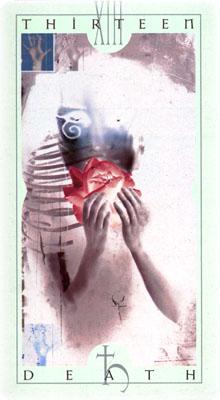

In Xanadu did Kubla Khan
A stately pleasure-dome decree.
Where Alph, the sacred river, ran
Through caverns measureless to man
Down to a sunless sea.
So twice five miles of fertile grounds
With walls and towers where girdled round:
and there where gardens bright with sinous rills,
where blossomed many an incense-bearing tree;
and there were forests ancient as the hills,
enfolding sunny spots of greenery.
But oh! That deep romantic chasm which slanted
down the green hill athwart a cedarn cover!
A savage place! As holy and enchanted
As e’er beneath a waning moon was haunted
By a woman wailing for her demon-lover!
And from this chasm, with ceaseless turmoil seething,
as if this earth in fast thick pants were breathing,
a mighty fountain momently was forced:
amid whose swift half-intermitted burst
huge fragments vaulted like rebounding hail,
or chaffy grain beneath the thresher’s flail:
and’mid these dancing rocks at once and ever
it flung up momently the sacred river.
Five miles meandering with a mazy motion
Through wood and dale the sacred river ran,
then reached the caverns measureless to man,
and sank in tumult to a lifeless ocean:
and ‘mid this tumult Kubla heard from far
ancestral voices prophesying war!
The shadow of the dome of pleasure
Floaded midway on the waves;
where was heard the mingled measure
from the fountain and the caves.
It was a miracle of rare device,
a sunny pleasure –dome with caves of ice.
A damsel with a dulcimer
In a vision once I saw: it was an Abyssinian maid,
and on her dulcimer she played,
singing of Mount Abora.
Could I revive within me
Her symphony and song,
to such a deep delight ‘twould win me,
that with music loud and long,
I will build that dome in air,
that sunny dome! The caves of ice!
And all who heard should seethem there,
and all should cry , Beware! Beware!
His flashing eyes, his floating hair!
Weave a circle round him thrice,
and close your eyes with holy dread,
for he on honey-dew hath fed,
and drunk the milk of Paradise.

S. T. Coleridge